Why is inflation affecting my mortgage rate?
OK, so here's the thing, unless you've been living under a rock, you have likely heard that inflation is running rampant. We are at levels we haven't seen in 40 years, which has forced the Bank of Canada (BoC) to raise its overnight rate extremely quickly.
So, how does inflation rising affect the variable/adjustable-rate mortgages?
What is the "overnight rate" (and why you should care)?
First, you need to understand what the overnight rate is. Essentially, the BoC's 'overnight rate' is the interest rate that large banks use to borrow and lend from one another in the overnight market so they can balance their books daily. Yes, banks borrow from other banks all the time, and if the rate to borrow money from each other rises (which BoC controls), they pass that expense on to you.
You may be asking, if it's just between banks, why/how does that affect us?
Well, banks don't lose money.
Let's start there.
If they have more costs to operate, you pay for it.
The variable/adjustable rate follows the BoC overnight rate, and the PRIME rate is roughly 2-2.35% higher than whatever that rate is. That's the rate you care about and what your "Prime minus X" discount is based on.
They raise rates so you can't spend: a quick lesson on why inflation happens.
What is inflation? Coles notes version: Inflation is all about supply and demand. The less supply of something, the more demand there is for that item… means prices rise, causing inflation—economics 101.
When people are sitting on cash, they want to get out and spend it. So, the BoC raises rates to intentionally make the loans you have, or you are thinking about getting, more expensive for you. They want your monthly payment to be higher. If your monthly payment rises, you may have less money each month to go out and spend it on goods and services.
When BoC raises rates, they evaluate the data to see if it affects spending. If not, they raise it again. Evaluate, raise, rinse, and repeat. Lately, people are spending and spending a LOT. So they have expedited the process. Instead of raising rates from the traditional .25%, they are raising them to .50% or even .75% to shock everyone into quickly curbing their spending habits.
Supply chains are currently at all-time lows due to COVID and the unemployment rate. Canadian savings are at an all-time high since they had nowhere to spend their money over the past two years, creating a perfect supply and demand storm. They'll curb the demand if they can't expedite the supply issue. The market slows if you have less disposable income to spend on goods.
So was the variable a wrong choice?
I guess it depends on when you arranged the loan, your original goals, and the type of individual you are, but I would say NO.
Variable was a great choice at the time, and especially today.
Yes, perhaps in 2020 or 2021, you could have taken a fixed rate at 2.5-2.75%, sure, but your variable at that time was likely 1.4-1.75%. So from the time you arranged it until the rates started to rise, you were saving and were way ahead. Even if rates rose 1.25% (which it has), you are likely now just in line with the fixed-rate when you arranged your mortgage. You have been saving this whole time.
Rates are still rising, though….
Yes, they are.
My guess is BoC will rise another .5-1% (after today's hike) by February 2023.
HOWEVER, this will not last.
Remember, the variable needs to "do its thing." It's not a 6-month trial; it's a 5-year term. So you may win for two years, lose for a year (losing is giving back savings, not losing), and then win the last year. You may win all five years.
Since 1975, nearly 50 years, the variable rate has beaten the fixed every year but four years, and when the fixed beat the variable those years, it was only about .5%-.75% difference. And a rising rate period has always been followed by decreasing rates shortly after.
When the variable wins, it was a 1.5-3.5% difference.
Stay the course and don't lock-in, especially now, as we will see rates lower eventually. If you lock in, you won't get the lower rate. It's like buying high and selling low.
Should you be scared?
Hopefully, you understand what's happening and why it won't be as scary. Rates go up, and rates go down, but one thing is for sure—the party is over. We've had an incredible 10-12 year run of exceptionally ridiculous low rates. No matter what happens, 1.5-2.5% days are over, and that's OK.
If you want more information about your mortgage, or you need to obtain a new one or renew your current one, book a call. We'd love to help guide you through this crazy time.

